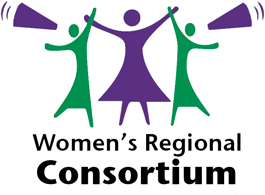It’s no coincidence that mental health issues and poverty go hand in hand, when you are financially challenged in almost every area of your life then this will impact on your mental health. We have heard this time and time again from every woman that we have spoken to throughout the last 5 years.
It’s almost impossible to have good mental health when you are struggling to provide the most basic essentials such as food, heat and electricity. Austerity has left these women in very a precarious situation without access to money these women feel hopeless, they feel under pressure to provide for their families and exhaust themselves both mentally and emotionally trying to sort out something that they have not created.
The 7 pillars to Self-Care are mental, emotional, physical, environmental, spiritual, recreational, and social. A well-balanced self-care routine involves each of these, so avoid restricting yourself to just one or two pillars.
The stigma of mental health is still very prevalent. Most women feel like they shouldn’t talk about it because it shows outsiders that they cannot cope, its embarrassing for them that they are struggling. More and more families are using Foodbanks, Community Pantry’s and Charity groups because they simply cannot afford to live.
Women in employment are feeling the same effects. Classed as the Working Poor, by the time they pay their essential bills they have no money left for food, hygiene items, petrol etc. This is not due to the fact that they can’t budget their money, its because the government is failing them in every conceivable way.
Good mental health requires basic principles such as having a warm home, healthy diet, self-care routine and positive thinking, this is almost impossible when you have no financial stability or extra income. We can’t keep expecting people to be O.K when everything is not O.K.
The Women’s Regional Consortium is fighting every battle we can to help support women. Every community group involved with the Consortium is working tirelessly to provide support from employment, education, childcare, food, clothing, hygiene items etc; as well as working on various government strategies to ensure that these women have a voice and that the hardship being inflicted on them is recognised.
By Rayna Downey | Women’s Centre Derry

